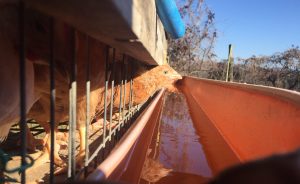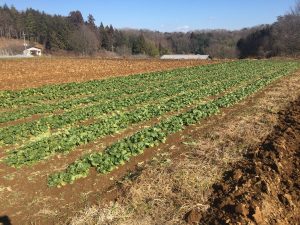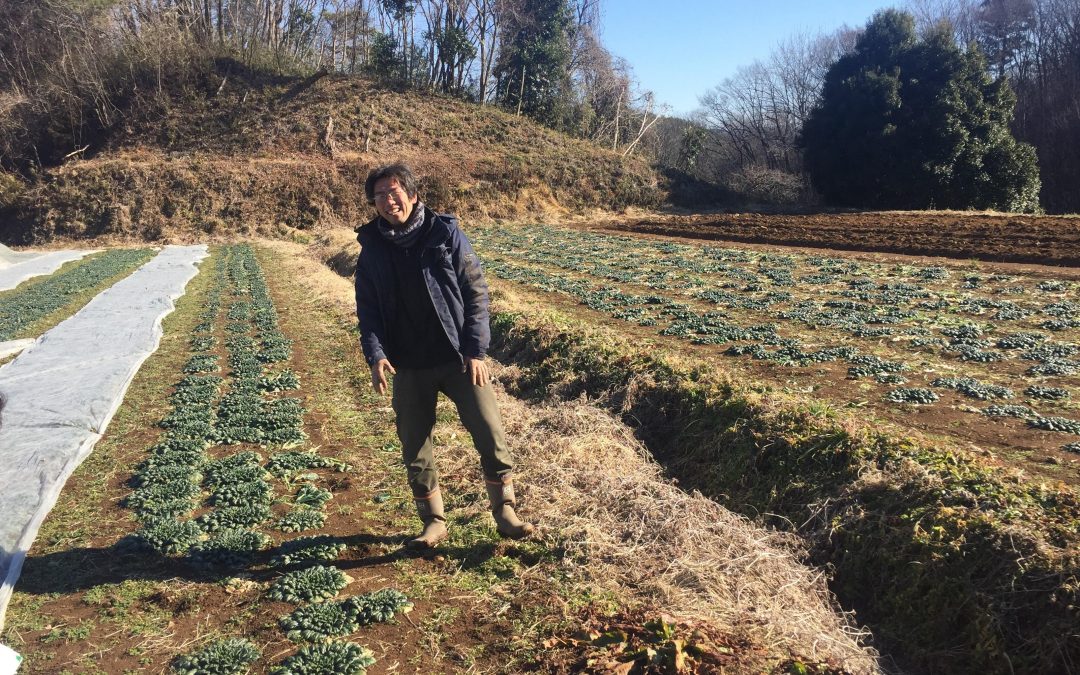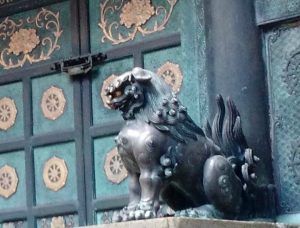‘Happy?’ Mr. Tomatsu gazed back at me and my question with a bemused and slightly confused expression. ‘Of course he’s happy!’ interjected his wife and fellow farmer as the group of Oles burst into laughter at the earnestness of their reply. One aspect of good food that my time in Japan has made me consider far more is the philosophy and constitution of the farmer, which in my opinion are both integral to the production of good food. In America, the journey from field to plate is so convoluted and shrouded in secrecy that the majority of us have seldom, if ever, even conversed with the farmers who feed us. The idyllic agrarian days of the self-sufficient farmer and the thriving small town are mostly long gone, and our rural communities are plagued by many of the same dilemmas as those in Japan. The vitality of farmers and their communities is threatened by a plethora of issues from climate change to urbanization, and identifying the networks and paradigms that not only produce high quality, nutritious food but also provide a fulfilling lifestyle for their most important members will be an important challenge for the future. Can Japan offer any viable examples? In touring Mr. Tomatsu’s organic farm, we heard him expound on the importance of forging trusting relationships with the consumers who buy his food. We saw how he and his crew spend their days in close communion with the natural world, relying on biological ingredients and not chemicals to nourish their plants and animals. Most of all, we bore witness to a lifestyle so grounded in simplicity, community, purpose, and mindfulness that Mr. Tomatsu could hardly believe I needed to ask whether or not this lifestyle made him happy. Good food is concomitant with happy farmers, and the evidence of Mr. Tomatsu’s contentment was flourishing in the fields all around us.


